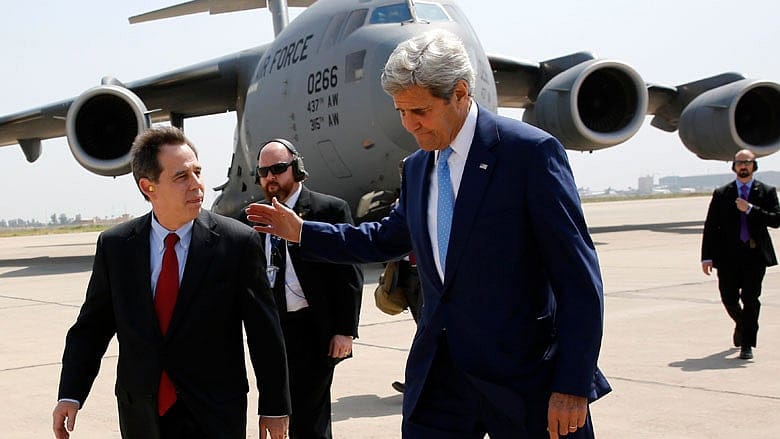Kerry, in Bahrain, mentions possibility of ‘new arrangement’ with Iran

(CNSNews.com) – Secretary of State John Kerry appealed to Iran on Thursday to work constructively to help end the conflicts in Syria and Yemen, holding out the prospect of some form of new regional security "arrangement" should Tehran choose to cooperate.
In separate appearances in Manama with his Saudi and Bahraini counterparts, Kerry referred – without elaborating – to the possibility of such an arrangement.

